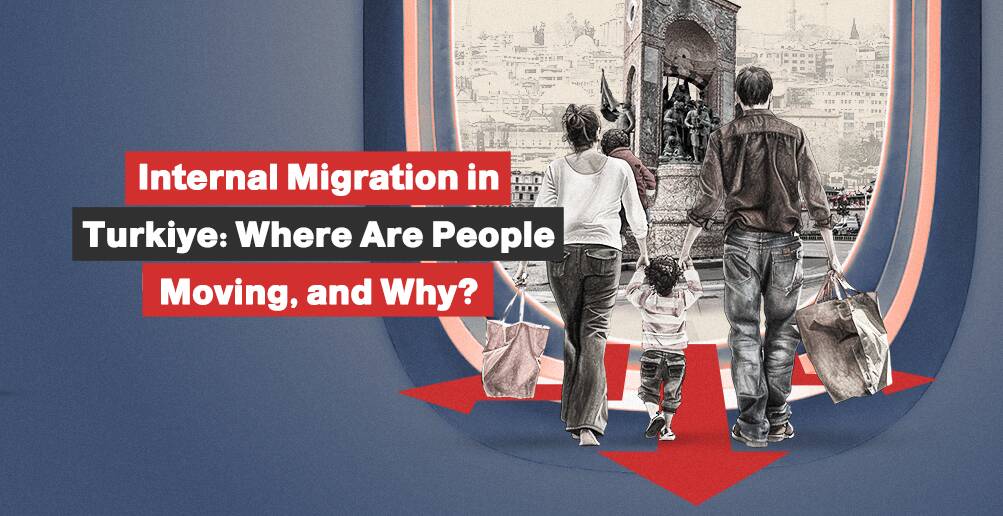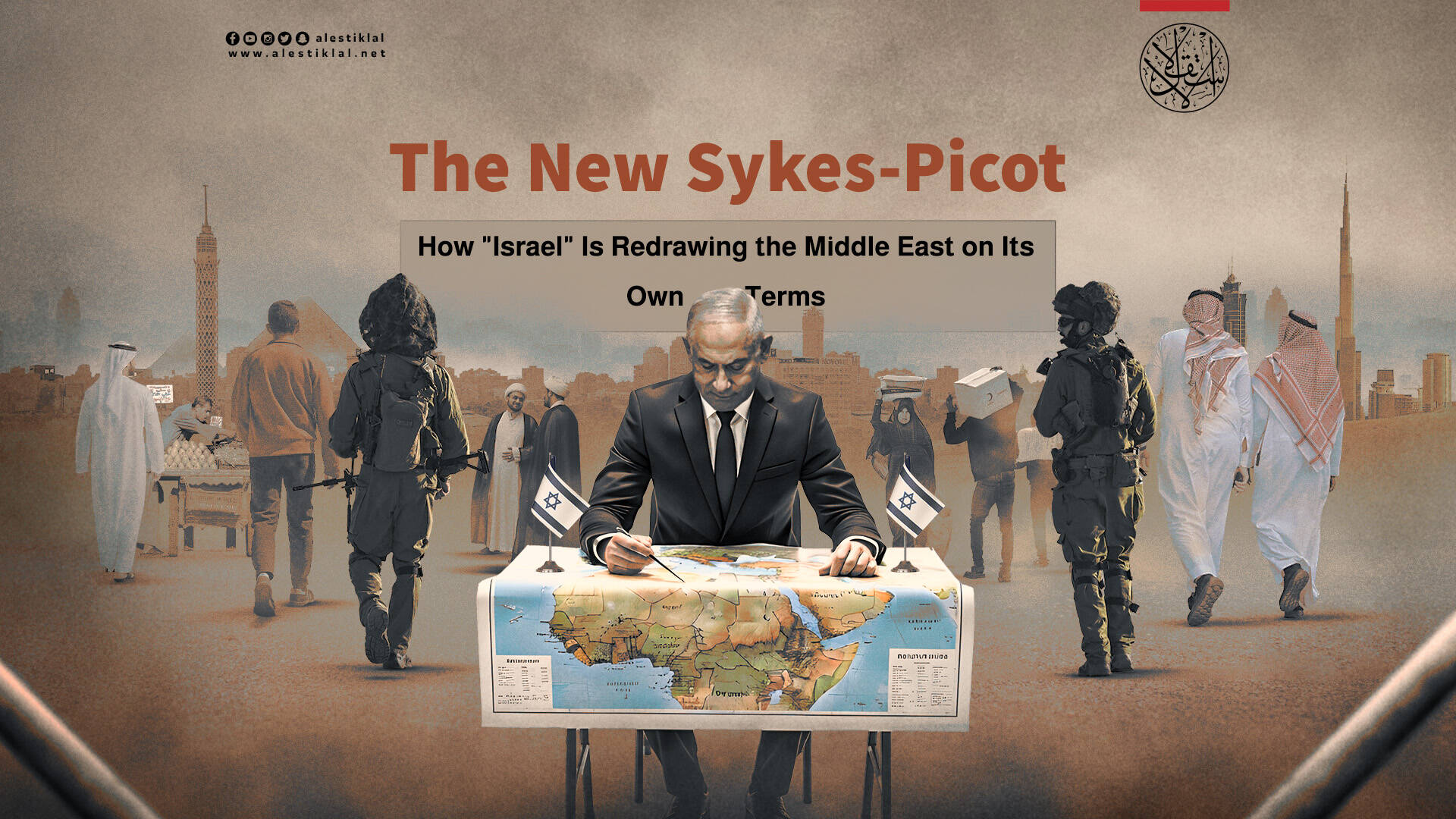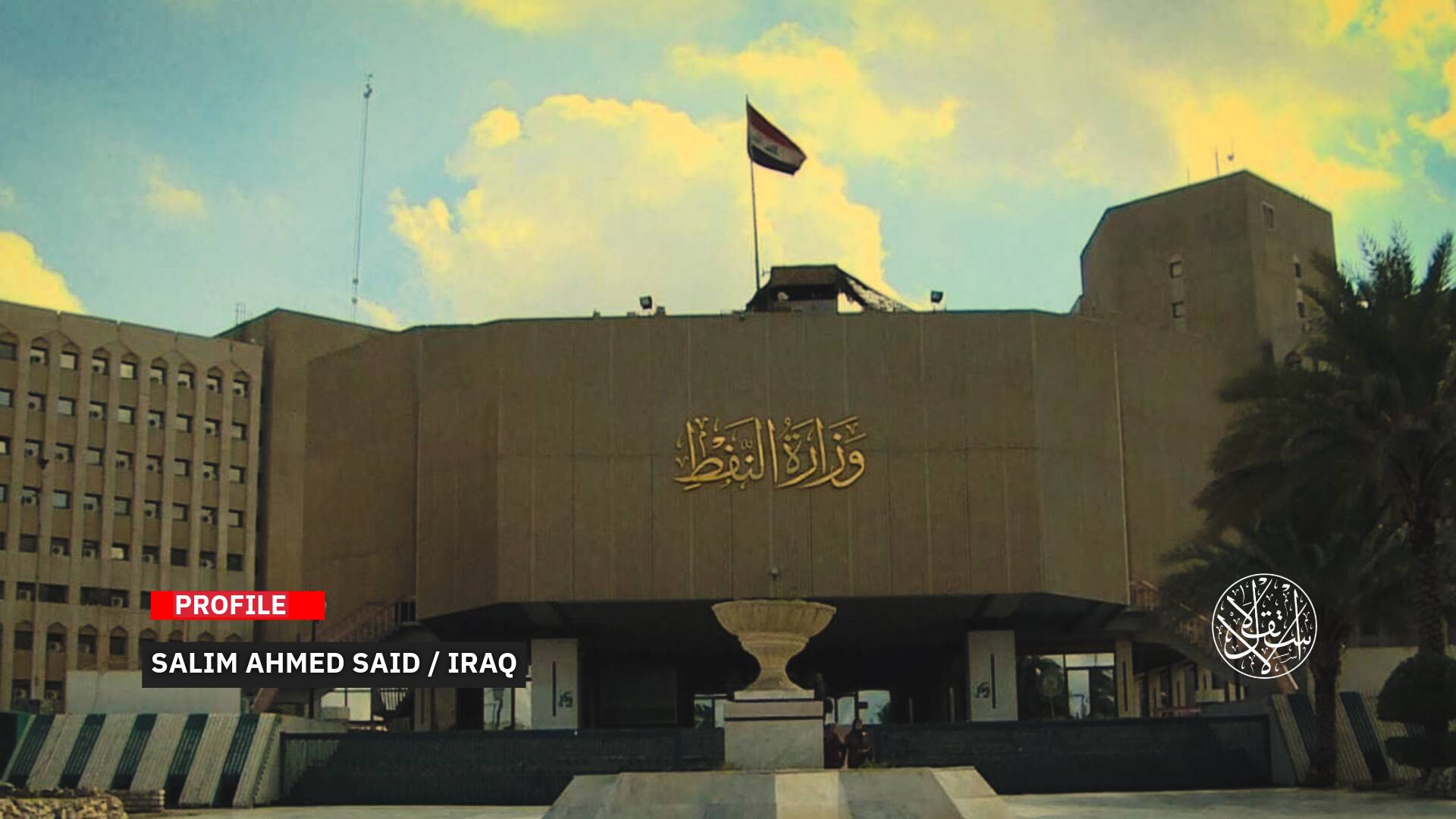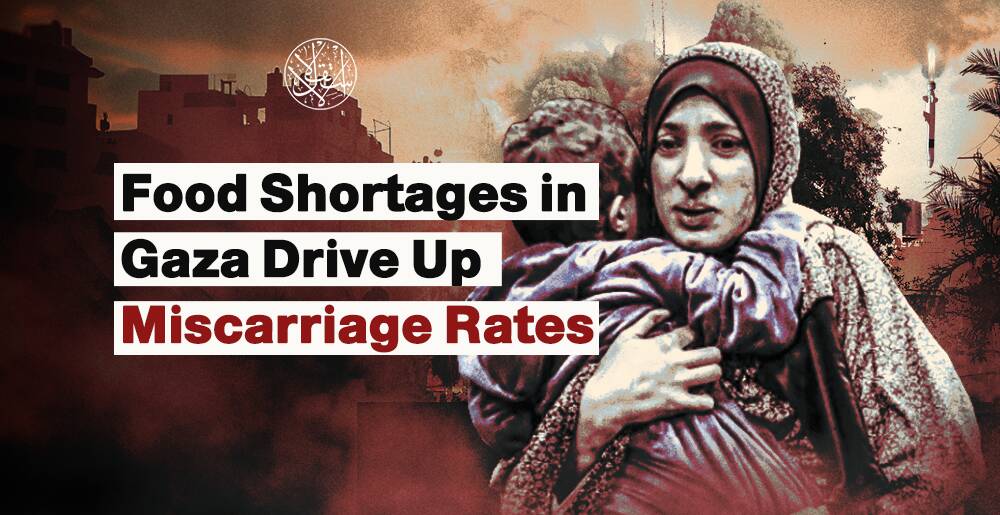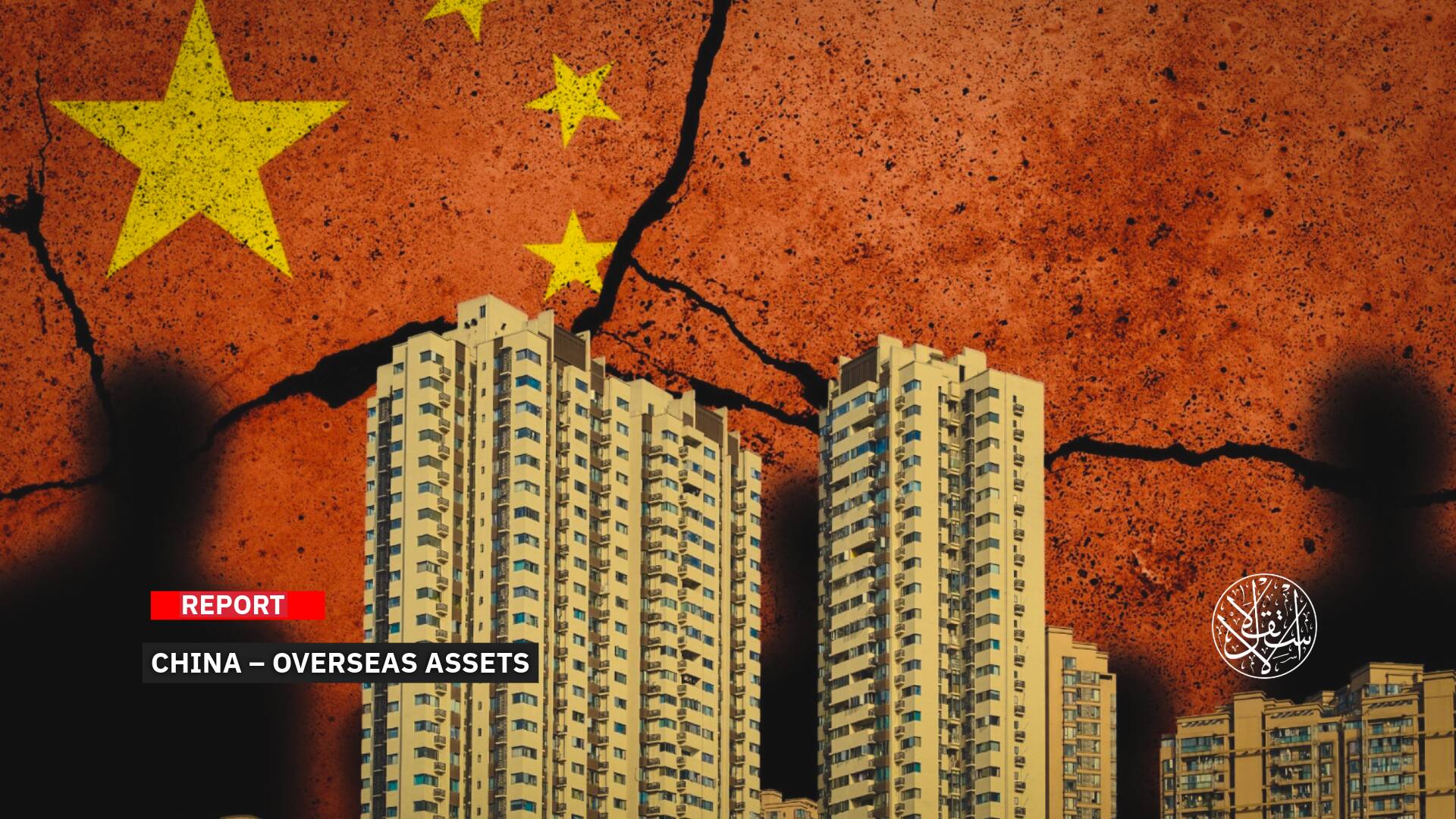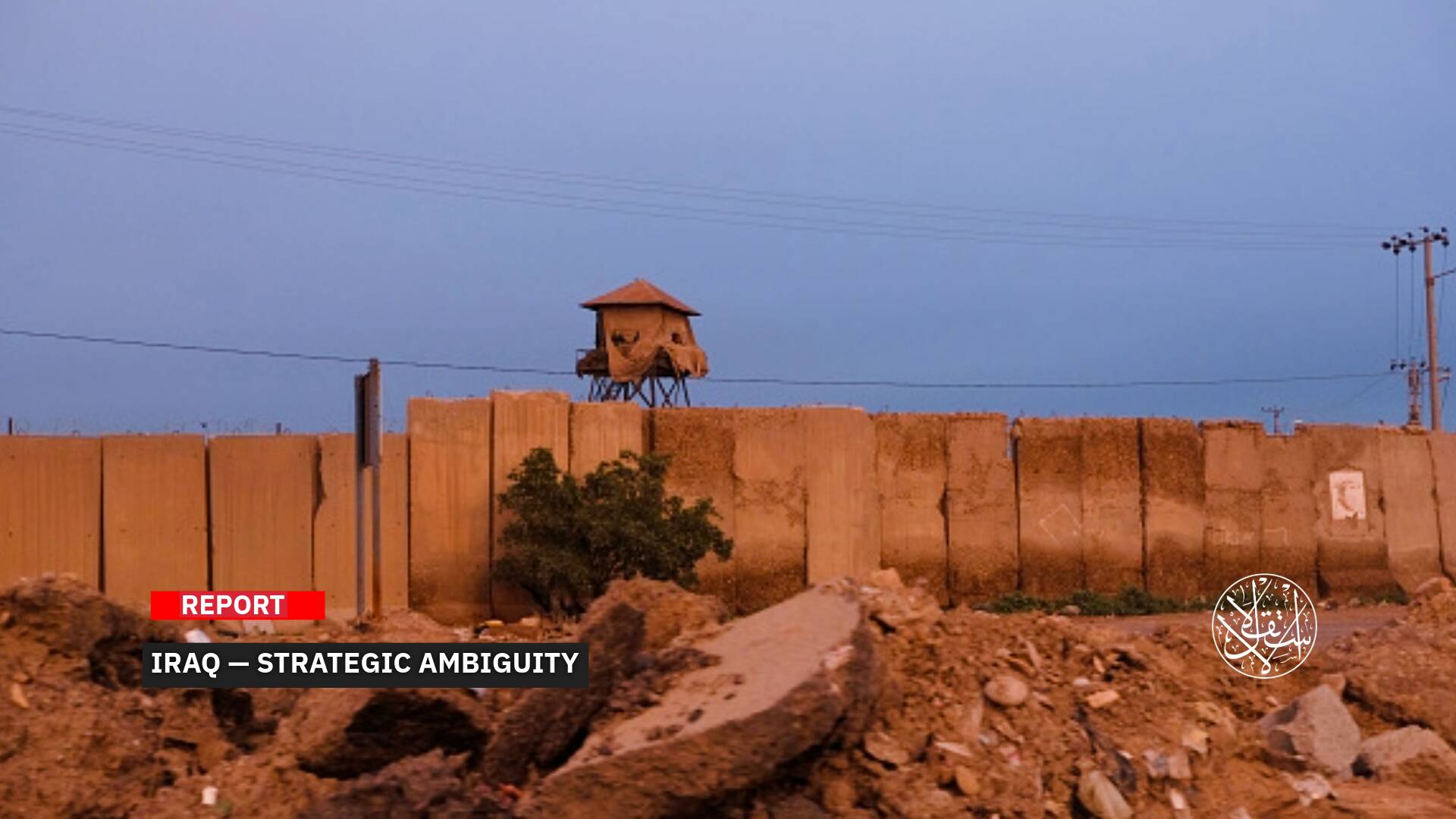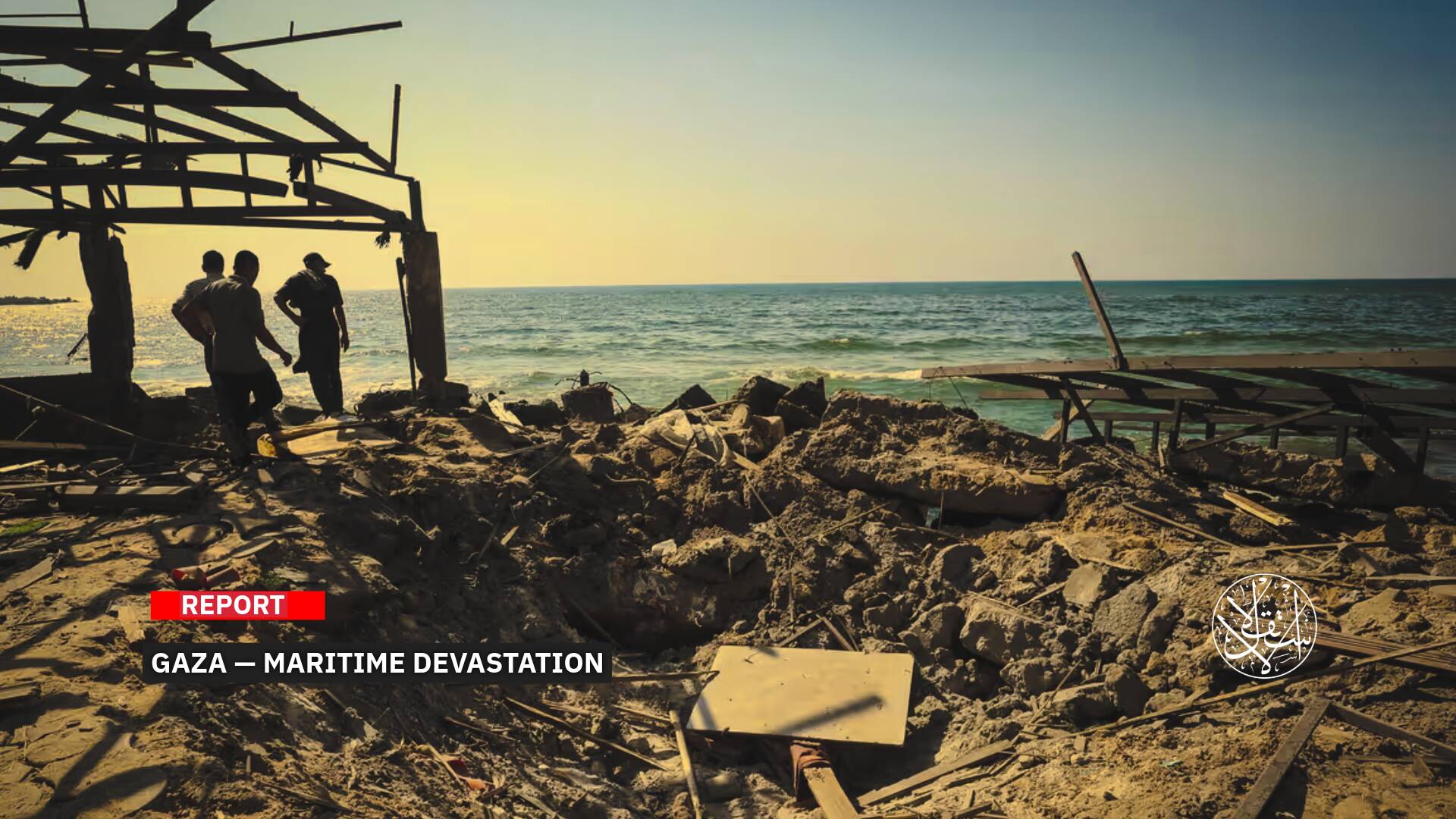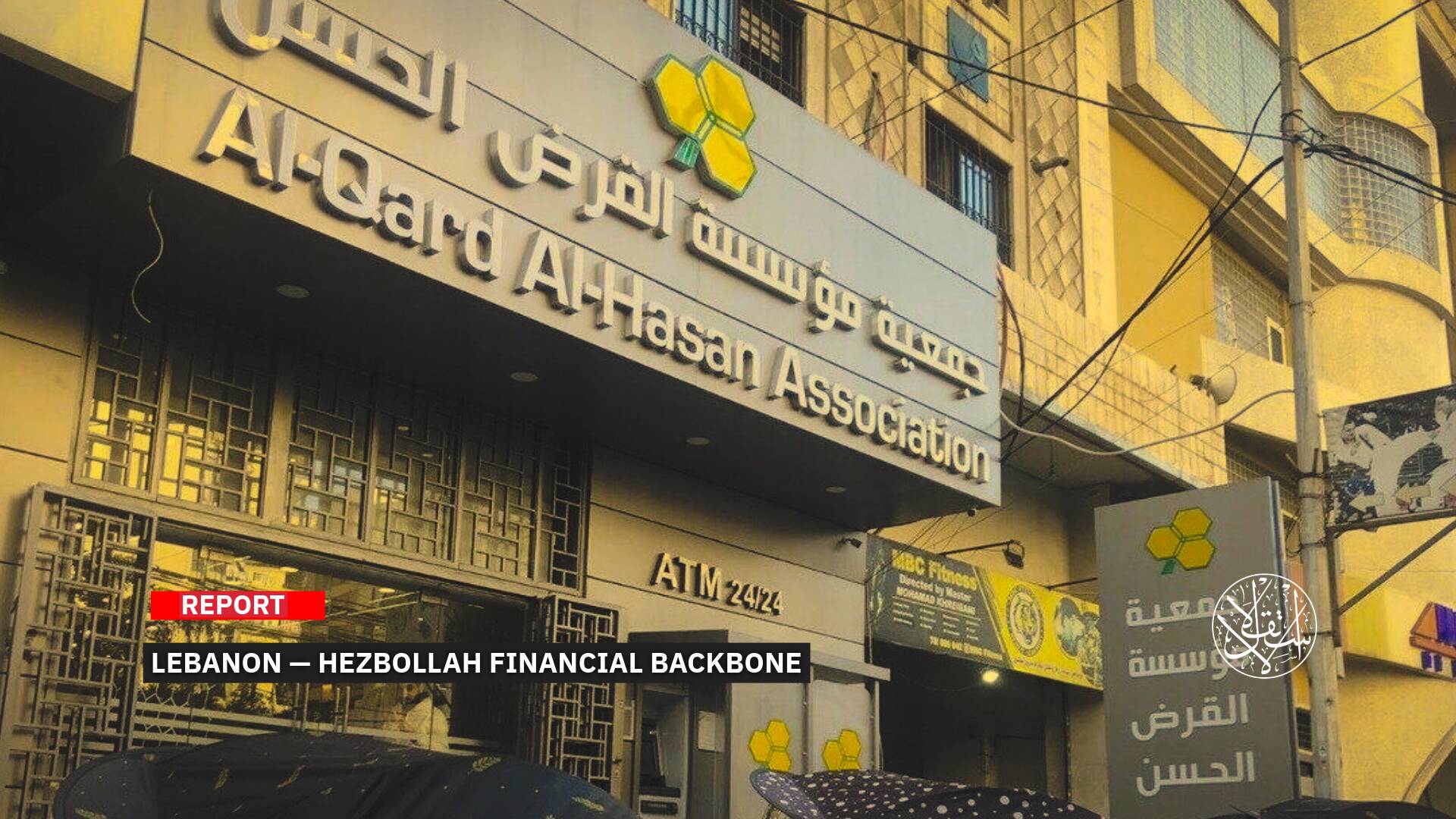Khalil Haqqani: Afghan Politician Who Fought the Soviets and Americans, Killed by ISIS

Khalil ur-Rahman Haqqani was a man of jihad, always seen carrying a weapon in every appearance.
On the afternoon of December 11, 2024, after performing the Asr prayer, Afghanistan’s Minister of Refugee and Repatriation, Khalil ur-Rahman Haqqani, was preparing to leave a mosque in Kabul when a man approached him, calling out for help.
“Let him come and state his case,” Haqqani instructed his aides. As the man drew closer, he detonated an explosive, killing Haqqani and six others.
Haqqani’s nephew, Anas Haqqani, confirmed the news to Reuters, mourning his loss, “We have lost a very brave mujahid. We will never forget his sacrifices.”
Shortly after, ISIS claimed responsibility for the suicide bombing that killed the 58-year-old Haqqani.
In a statement, the Taliban condemned the attack as a “cowardly act,” blaming ISIS for the assault and honoring Haqqani’s legacy as “a great mujahid who has been martyred.”
Haqqani’s Legacy
Khalil ur-Rahman Haqqani was born on January 1, 1966, in Paktia Province, southeastern Afghanistan, with Gardez as its capital.
He belonged to the Zadran tribe, part of the Pashtun ethnic group, one of the largest ethnicities spread across Afghanistan and Pakistan.
Haqqani studied Islamic sciences as a child and was deeply influenced by his uncle, Sheikh Jalaluddin Haqqani, a prominent leader of the Afghan jihad against the Soviets in the 1980s.
Khalil ur-Rahman was also the brother of Jalaluddin, the founder of the “infamous Haqqani Network,” which led fierce attacks and resistance operations during two decades of Taliban rule—first against Soviet forces and later against the U.S. occupation beginning in 2001. He was also the uncle of Sirajuddin Haqqani, the current Afghan Minister of Interior.
Haqqani played a significant role during the U.S.-Afghan war by raising international funds to support the Taliban’s field operations in Afghanistan.
In 2002, he deployed fighters under his command to reinforce al-Qaeda in Paktia Province.
By 2009, he became one of the key leaders behind the abduction of U.S. soldier Bowe Bergdahl, who was held for five years along the Afghan-Pakistani border. Bergdahl was released in a 2014 prisoner exchange mediated by Qatar, which saw the U.S. free five senior Taliban leaders from Guantanamo under President Barack Obama’s administration.
In 2010, Haqqani provided financial backing to Taliban operations in Logar Province, helping the group solidify its presence there.
The U.S. placed a $5 million bounty on Khalil ur-Rahman Haqqani, describing him as one of the top leaders of the Haqqani Network, which Washington had designated a “terrorist organization.”
In February 2011, the U.S. Treasury Department listed Haqqani as a “Global Terrorist” for his leadership of Afghan jihad operations through the Haqqani Network against American forces.

The Haqqani Network
The Haqqani Network was founded in the 1970s by Jalaluddin Haqqani, a long-time ally of al-Qaeda leader Osama bin Laden.
The group was initially established to fight and wage “jihad” against the Soviet occupiers in Afghanistan.
Shortly after the U.S. entered Afghanistan in 2001, the Haqqani Network supported the Taliban in establishing a front against the United States.
During this period, the network pledged full allegiance to the Taliban’s leadership council, granting it significant decision-making powers within the group.
Under the leadership of senior figures like Sirajuddin Haqqani (a cousin of Khalil ur-Rahman), the network cemented its role and earned a prominent position in the Taliban's organizational structure.
In 2007, the Haqqani Network carried out its first suicide attack, targeting German forces along the Kabul-Jalalabad highway.
At a Taliban supporters’ gathering in Kandahar, Khalil ur-Rahman Haqqani declared, “Over the past 20 years, I have trained more than a thousand mujahideen to carry out operations against American and foreign forces in Afghanistan.”
“Gaining independence is no easy feat; it requires sacrifices.”
In 2011, Newsweek reported on a book published by the Haqqani Network that same year, bearing its name. The 144-page book, with 10,000 copies printed and distributed across the Afghanistan-Pakistan border region, was written in Pashto—the most widely spoken language in the area. The book urged locals to join the network and engage in resistance.
The report highlighted how the publication underscored the success of the Salafi-jihadist strategy in transforming jihad into a localized movement. It also hinted at Khalil ur-Rahman Haqqani's role in widely writing and disseminating the book.
Minister Haqqani
Khalil ur-Rahman Haqqani was widely seen as a man of combat and jihad, often seen carrying a weapon during both his public and media appearances.
In 2021, following the withdrawal of U.S. and foreign forces and the Taliban’s return to power, he was appointed Minister of Refugee and Repatriation in the Taliban’s interim government. The government is largely dominated by the Haqqani Network, which controls key security institutions, including the Ministries of Interior, Intelligence, and several other departments.
The assassination of Minister Haqqani drew condolences from prominent religious figures worldwide.
Ali al-Qaradaghi, Secretary-General of the International Union of Muslim Scholars, expressed sorrow over the attack.
“With a mix of sadness and acceptance, we extend condolences to the Islamic nation and our brothers in Afghanistan on the passing of Sheikh Khalil ur-Rahman Haqqani, may Allah have mercy on him,” he posted on X.
Al-Qaradaghi described Haqqani as “a symbol of sincere dedication to serving his religion and people,” highlighting his role as Minister of Refugees and his efforts to “ease the suffering of the vulnerable and rebuild Afghanistan amid challenges.”

Reactions to the Assassination
Following the announcement of Khalil ur-Rahman Haqqani's assassination in the terrorist attack, several countries issued statements condemning the incident.
Pakistan’s Foreign Minister Ishaq Dar expressed his shock over the attack that claimed the life of Afghanistan's Minister of Refugees. “Pakistan clearly condemns all forms and manifestations of terrorism,” he stated.
Qatar’s Ministry of Foreign Affairs reiterated its rejection of all forms of violence, terrorism, and political assassinations, emphasizing the importance of achieving stability in Afghanistan.
Similarly, Iran condemned the incident, expressing sympathy with the families of the victims.
Saudi Arabia denounced the attack, offering its condolences and affirming the Kingdom's support for the Afghan people in confronting violence.
Turkiye described the attack as “terrorist” and expressed full solidarity with Afghanistan.
The Organization of Islamic Cooperation (OIC) declared the attack an act of terrorism that contradicts humanitarian values.
The Palestinian Resistance Movement (Hamas) also condemned the bombing, stating, ”We denounce the terrorist attack that led to the assassination of Khalil ur-Rahman Haqqani, the Minister of Refugees in Afghanistan's interim government, along with several of his companions in Kabul.”
“We stand in full solidarity with our Afghan brothers and extend our heartfelt condolences to the interim government, the victims' families, and their loved ones, wishing them strength and patience during this difficult time.”
Sources
- Taliban’s Khalil Ur-Rahman Haqqani killed: Why it matters
- Tight security measures ahead of funeral of Afghan minister killed in suicide bombing [Arabic]
- Afghan refugee minister killed in Kabul blast [Arabic]
- $5 million reward for the capture of Khalil ur-Rahman Haqqan [Arabic]
- The 'frightening' Haqqani network is dragging the Taliban further into extremism [Arabic]
- Afghanistan: Haqqani's Jihad Manual & the Secret Taliban Letter


